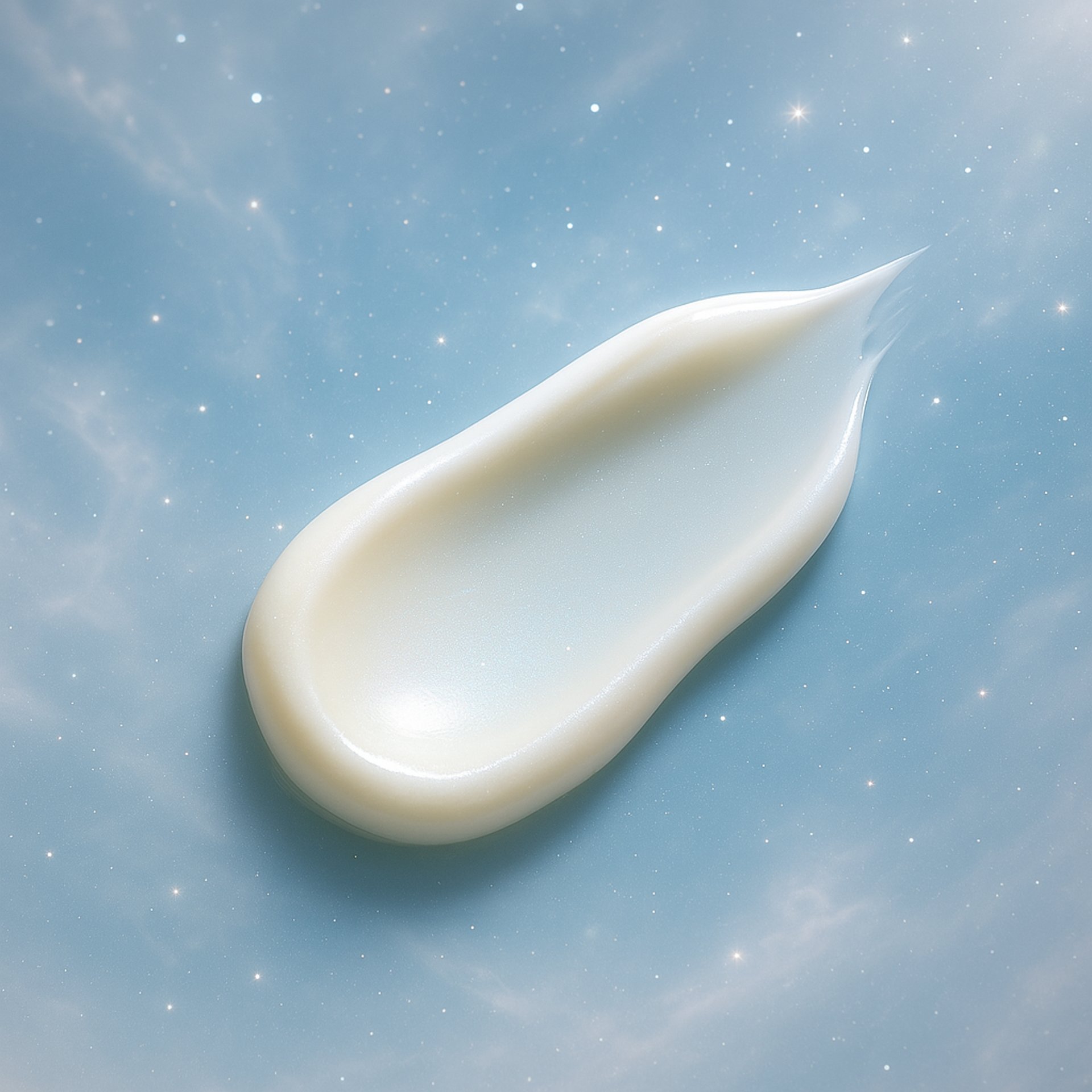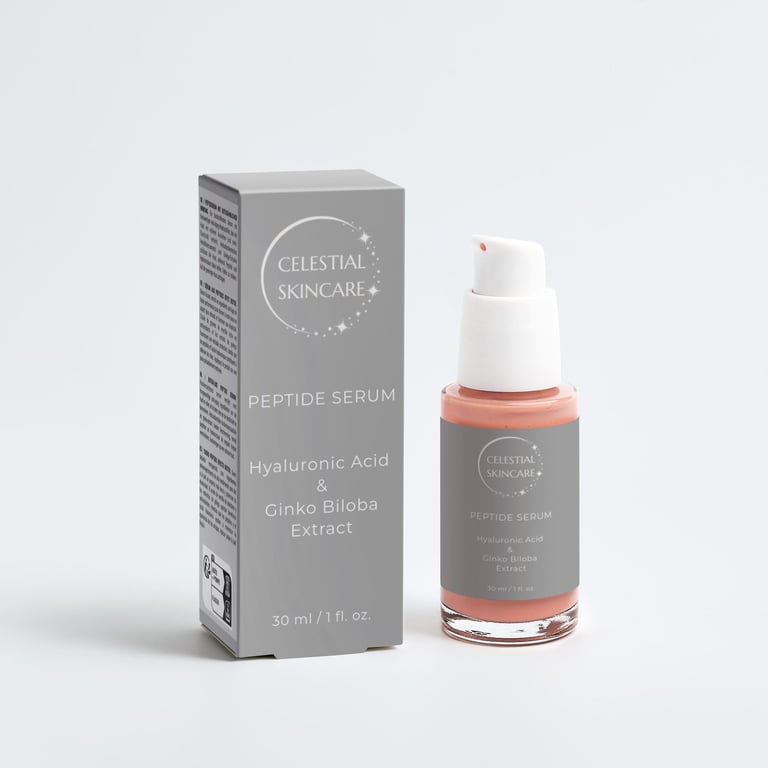
Peptides in Skincare: Do They Really Work or Is It All Hype?
3 min read
Spoiler: they do. And if you’re 35+, they should already be part of your skincare arsenal.
Let’s break it down. Why peptides are the building blocks your skin needs to age beautifully?
What are Peptides, exactly?
Peptides are short chains of amino acids — the same ones that make up proteins in your body, like collagen, elastin, and keratin.
Think of peptides as messenger molecules. They send signals to your skin to kickstart repair, stimulate collagen production, and maintain firmness and elasticity. When skin starts to age (which begins in your 30s), your body produces less collagen — and that’s when peptides step in to tell your skin: hey, start working again.
Why you need peptides after 35
By age 30, your collagen production drops by about 1% each year. Skin gets thinner, drier, and starts to sag. Fine lines deepen. Your barrier weakens. And no, hydration alone won’t fix that.
Peptides are your skin’s wake-up call. They stimulate key proteins, reinforce the barrier, and improve texture and tone — all without irritation.
Backed by science - What the research says
Let’s be real. You don’t want pseudoscience. You want peer-reviewed data. Here’s what we’ve got:
Matrixyl (palmitoyl pentapeptide-4) is one of the most studied peptides. Clinical studies show it significantly reduces wrinkle depth and improves skin elasticity over 2–4 months of use
(Source: Int J Cosmet Sci. 2005;27(3):147–153).Copper peptides (GHK-Cu) have been shown to promote wound healing, reduce inflammation, and boost collagen and elastin synthesis.
(Source: J Drugs Dermatol. 2012;11(5):593–597).Acetyl hexapeptide-8 (aka Argireline) mimics the effects of Botox by inhibiting muscle contraction. It reduces the appearance of expression lines (like crow’s feet and forehead wrinkles)
(Source: Int J Cosmet Sci. 2013;35(5):499–505).A 2021 review in Molecules confirmed that topical peptides are effective anti-aging agents, improving skin firmness, elasticity, and hydration with minimal side effects.
(Source: Molecules. 2021;26(16):4890).
Different Types of Peptides and What They Do
Let’s make it simple. Not all peptides are created equal — each one has a specific function:
Signal peptides - Stimulate collagen and elastin
Carrier peptides - Deliver trace elements like copper to boost healing.
Enzyme inhibitor peptides - Slow down the breakdown of collagen and elastin
Neurotransmitter peptides - Relax facial muscles (Botox-like effect)
What can Peptides do for your skin?
Let’s talk results — the ones that actually matter:
Firmness: Peptides stimulate collagen, which improves skin’s structural support
Smoothing: They reduce the depth of fine lines and expression wrinkles
Hydration: Barrier-supporting peptides lock in moisture and prevent trans-epidermal water loss
Plumpness: Improved matrix integrity means visibly fuller, healthier skin
Repair: Peptides accelerate wound healing and calm inflammation
Translation: Your skin looks smoother, tighter, and more radiant — consistently.
How to use Peptides in your routine
Consistency is key. Use peptides daily — morning and/or night — for at least 8–12 weeks.
Layer smart. Apply peptide serums after cleansing but before heavier creams. They play well with hyaluronic acid, niacinamide, ceramides.
Avoid mixing with acids or retinoids in the same step. Acids can degrade peptides. Use at different times of day.
Peptides at Celestial Skincare
Our Peptide Serum combines multiple peptides with antioxidants and hyaluronic acid - a formula inspired by dermatology and backed by science.
Why? Because barrier health and collagen stimulation are the foundation of everything — especially after 35.
This moisturizer doesn’t just hydrate. It tells your skin to repair itself and supports the structure that holds everything together.
Who Should Use Peptides?
Short answer? You.
But especially if you are:
35+ and seeing early signs of aging
Recovering from retinoid irritation or barrier damage
Dealing with fine lines, dullness, or mild sagging
Looking for a Botox alternative that actually works over time
Final Thoughts
Peptides are not hype. They’re well-researched, clinically effective molecules that talk directly to your skin’s repair and regeneration systems. They don’t work overnight, but they do work — subtly, cumulatively, and powerfully.
If you're building a routine that respects your age, your barrier, and your skin’s potential to regenerate — peptides aren’t optional. They’re essential.

